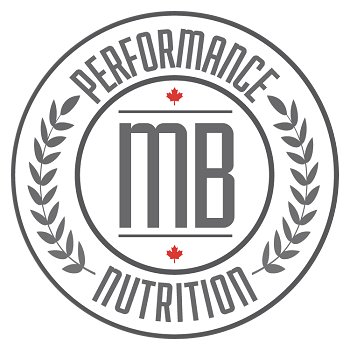Last updated on January 11th, 2024
As a Certified Holistic Nutritionist who helps OCR athletes around the world consistently achieve their personal best performance and as an OCR athlete myself, I hang out in a lot of Facebook groups full of OCR athletes and spend most of my days talking to athletes.
Through these Facebook groups, snooping on social media and daily conversations with athletes, I’ve started to notice some common mistakes athletes are making around nutrition and lifestyle habits that sabotage their performance.
- Being too preoccupied with how to eat the week leading up to a race and on race day itself, without giving much thought to daily nutrition habits. You likely spend hours training your technique and performance skills and you probably spend most of your time on the basics. No matter what sport, athletes know there’s no short cut or special technique that replaces foundational practice. Why should nutrition be any different?
- The same can be said about hydration. I’ve seen way too many athletes panic 48 hours before a race and start guzzling back litres of water (or Pedialyte) because they don’t pay enough attention to their hydration status daily. This can be quite dangerous as it can cause body water imbalances.
- Thinking you can eat whatever you want, when you want because you’re an athlete. You can’t out-run a poor diet. At least not long-term. With the right nutrition strategies, you will get better results from the same workouts, perform better on race day and improve your overall health.
- Following popular diets (like Paleo or keto) or eating the way the average nonathlete does. Athletes eating the way the average nonathlete eats usually have difficulty losing weight and attaining their desired body composition. Athletes following popular diet trends often deal with chronic fatigue and poor performance in workouts because they are cutting out key nutrients they require as athletes.
- Along the same lines, following fat loss strategies that are designed for nonathletes. While low-carbohydrate diets might be an effective fat loss strategy for nonathletes, they’re a recipe for disaster for competitive OCR athletes. It’s important to achieve fat loss through scientifically proven methods that are safe and health-preserving. Rapid weight loss can have serious consequences for your health and performance.
- Trying to change body composition in the middle of racing season. 8-12 weeks before your most important race of the year is NOT the time to start worrying about your body composition and attempting to drop body fat. This is your build cycle, where the intensity of your workouts is increasing. Cutting calories during this cycle can lead to poor performance, illness and even injury. The off-season and preparation cycle are the best times to focus on decreasing body fat without a significant compromise to performance and recovery.
- Getting less than an average of 7-9 hours of sleep every night. Sleep plays a major role in your recovery (as well as your overall health and even your body composition) You can’t out-train poor sleep.
- Over training (or under-recovering). This isn’t as simple as getting active recovery or a total rest day (or even a de-load week occasionally). Over training can happen when you aren’t following an appropriate training plan, are always trying to push it to the max in your workouts, aren’t sleeping enough and trying to just work through it, or even when your dietary intake is not enough to match your energy expenditure. Exercise is a form of stress. If your body is already juggling chronic stress from poor sleep, poor diet and general life, it doesn’t take much for a training session to push you over the edge.


